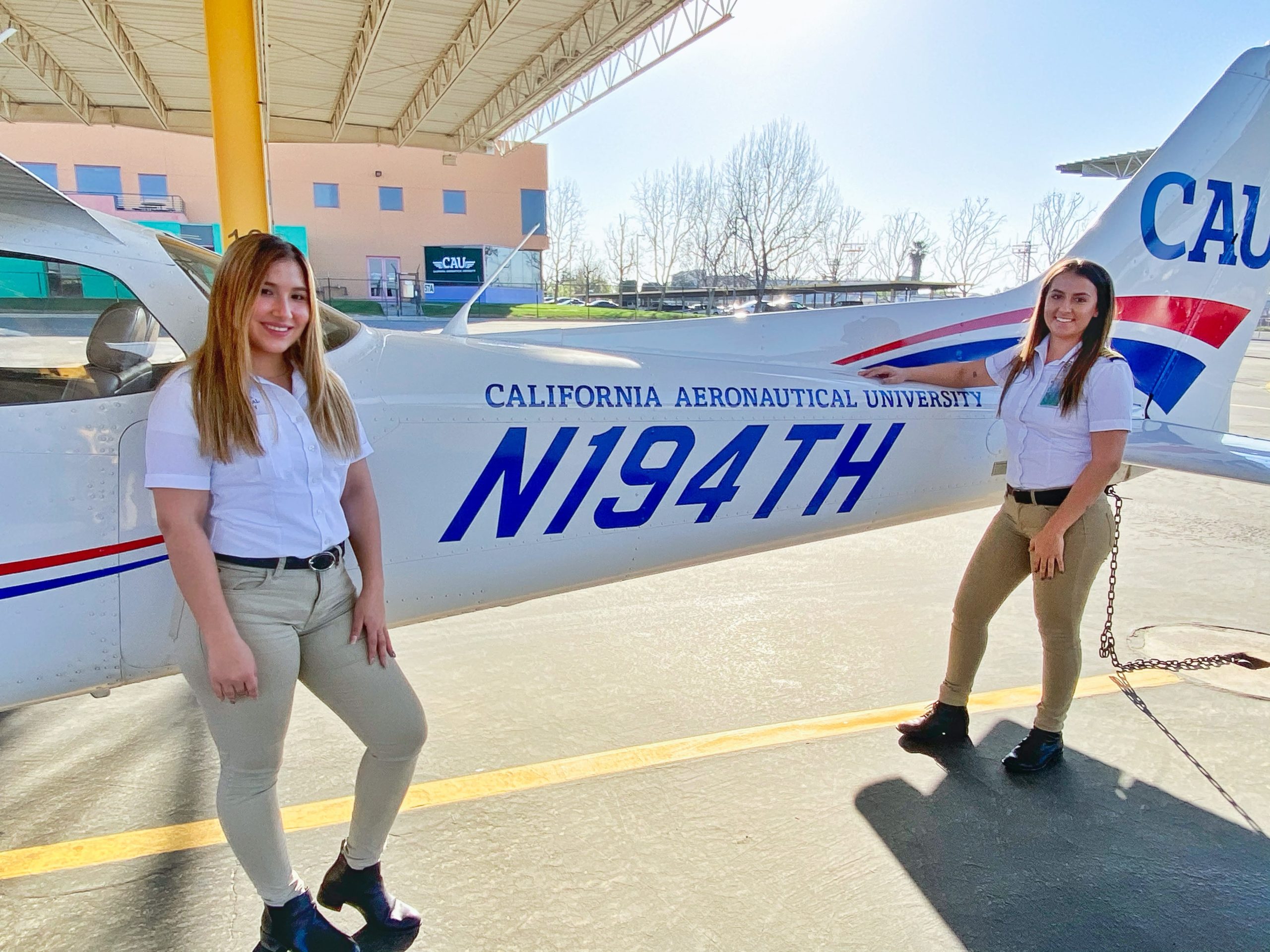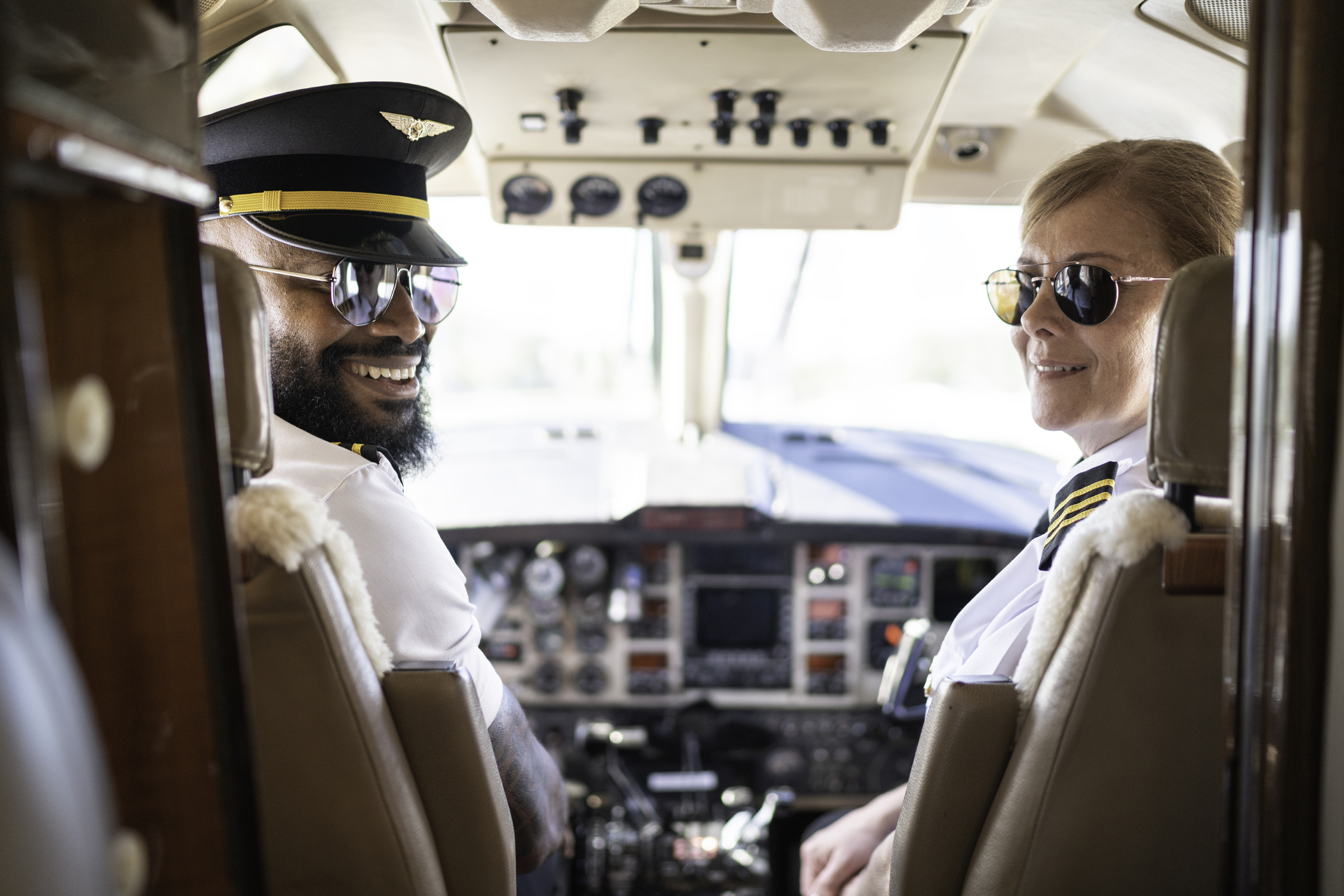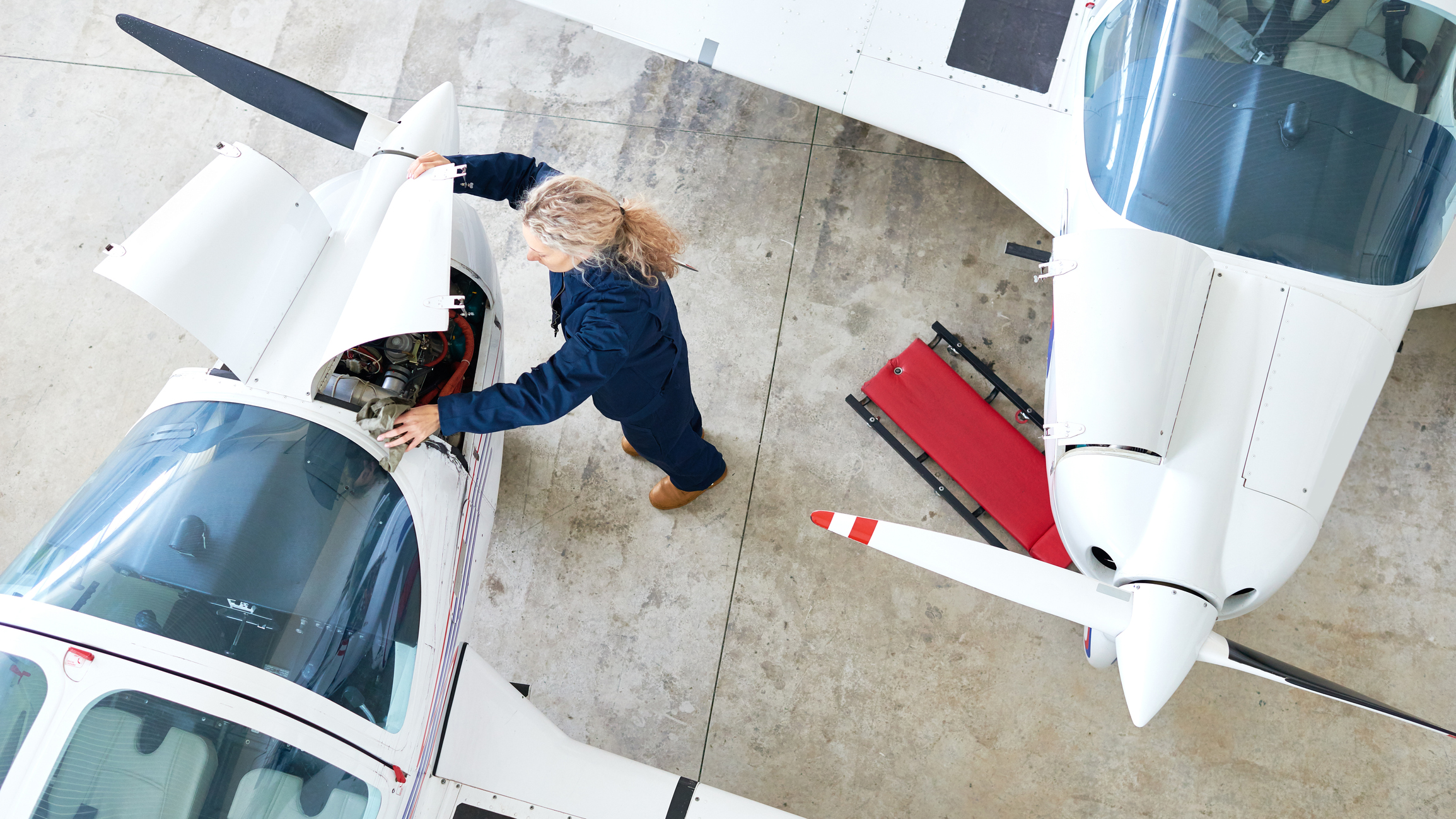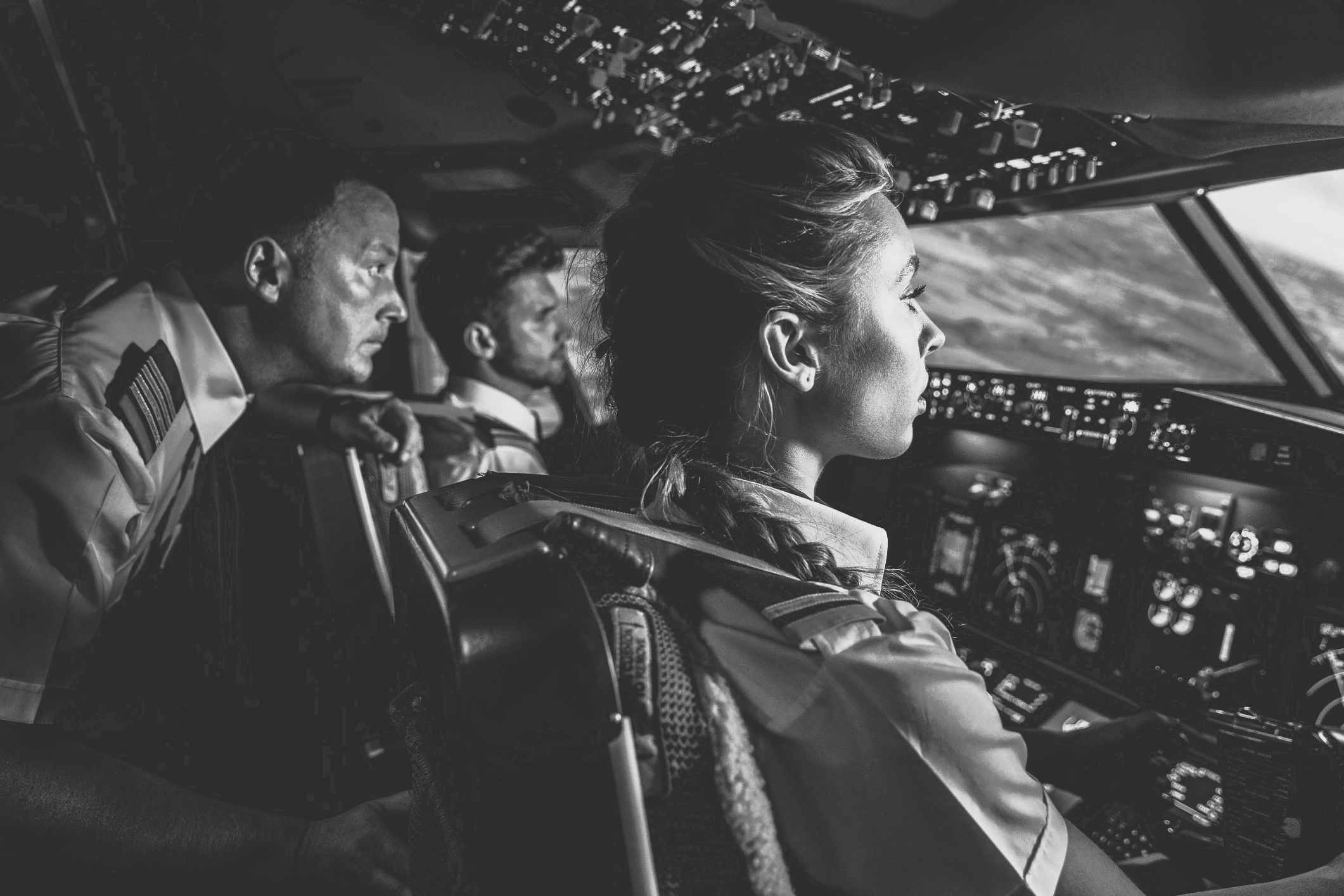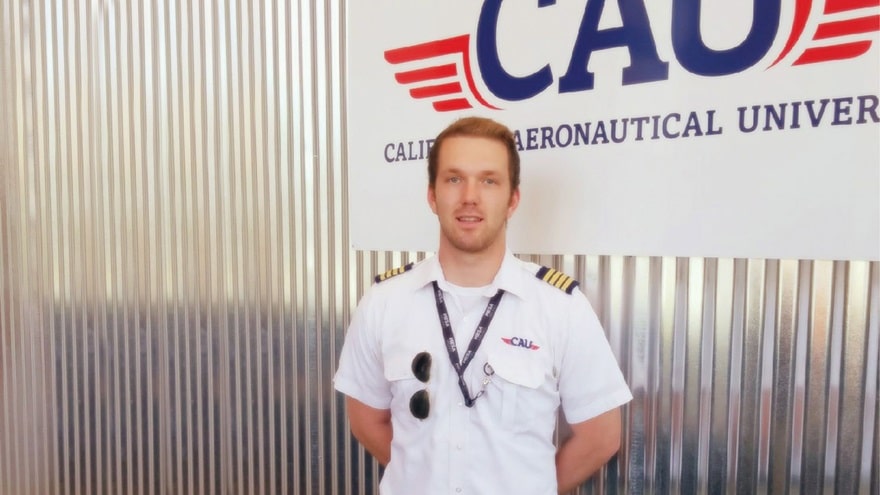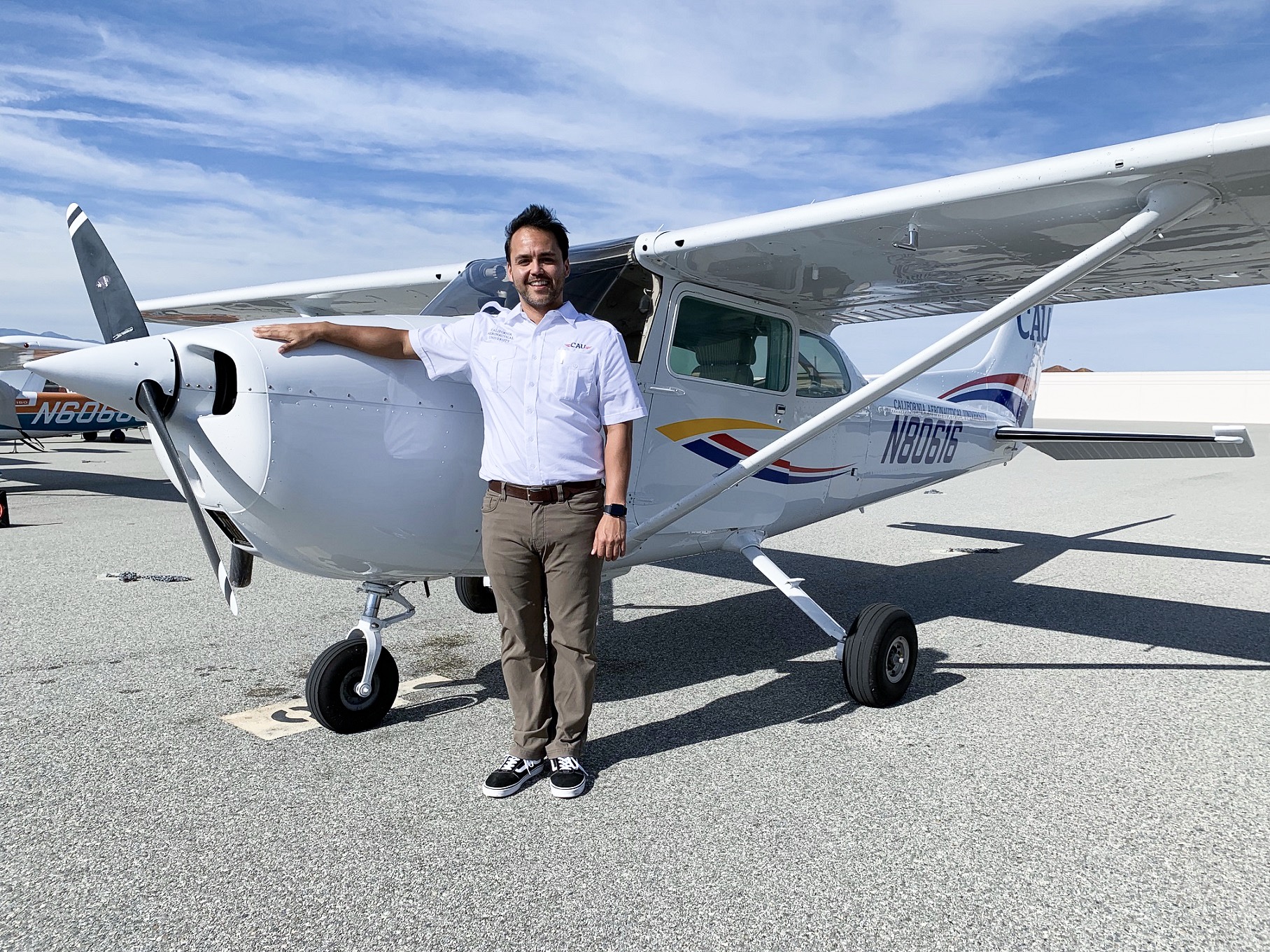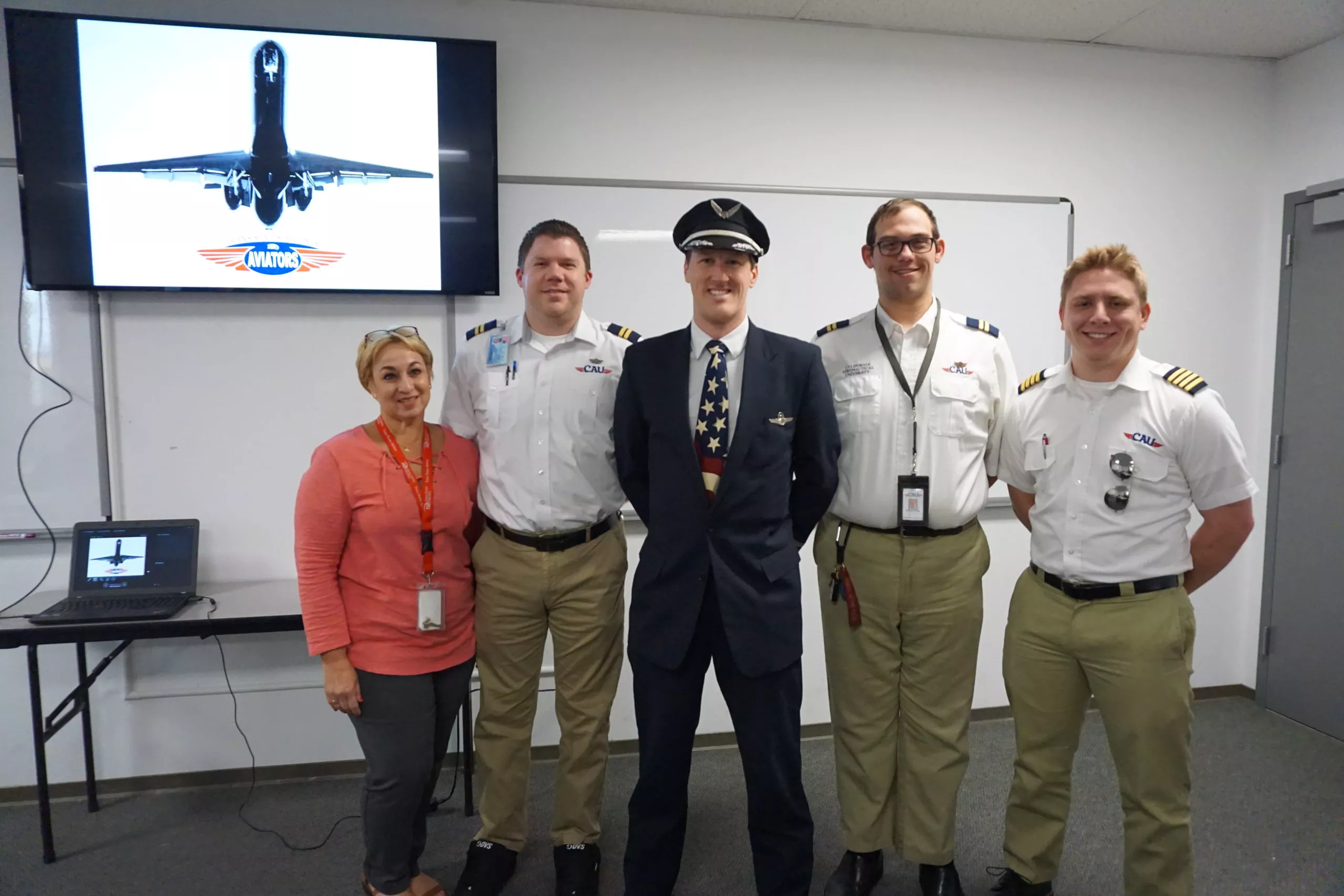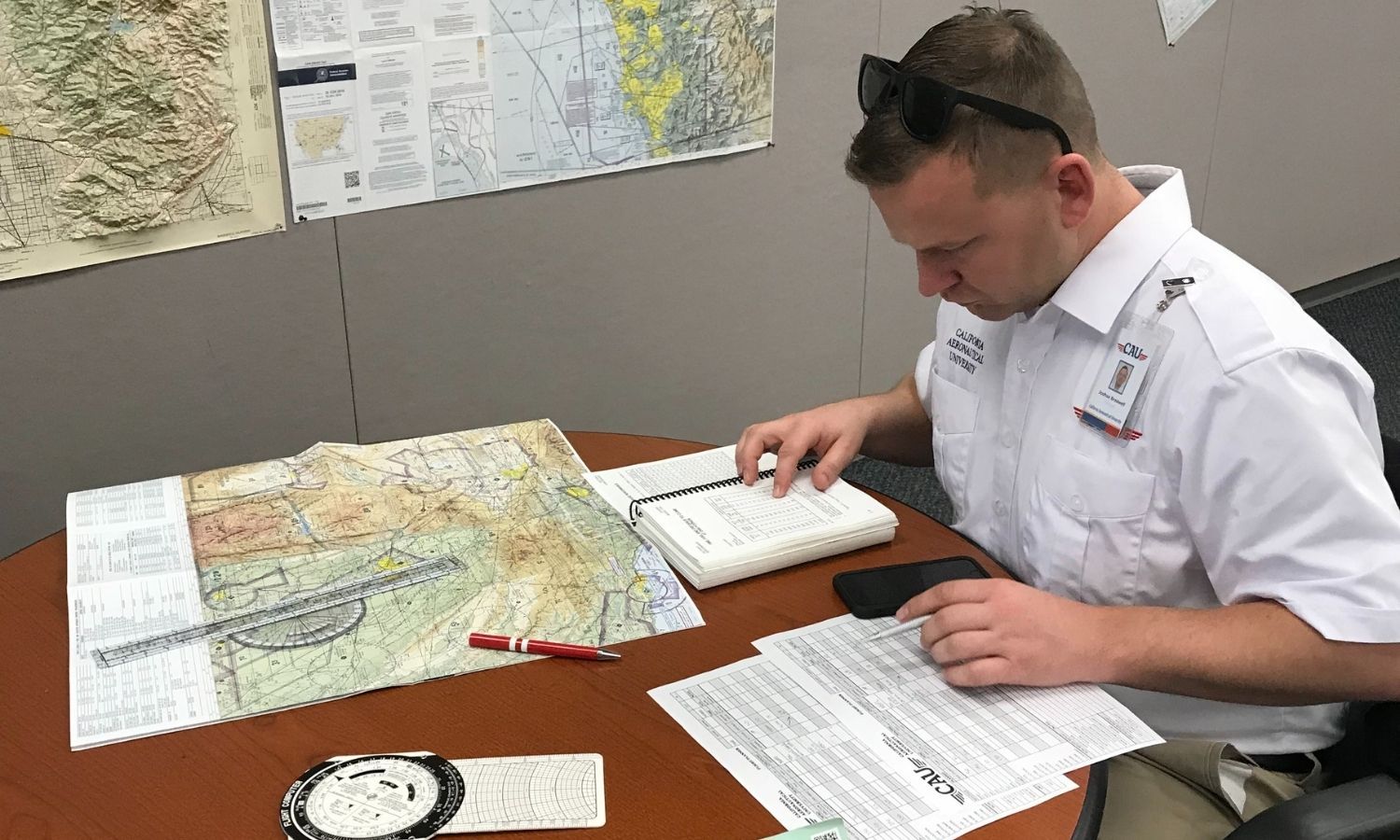What makes a good pilot great? A nice balance of experience and knowledge. If either of these two key attributes is lacking in a prospective pilot, they do not reach their true potential. Today we will look at why an aviation university may be much more beneficial to a trainee pilot and why it may be the better option than a traditional flight school.
Aviation University Vs. Traditional Flight School: Is There a Difference?
The short answer? Absolutely.
On the face of it, there might be a couple of advantages to a traditional flight school. If you dig a little deeper and look more long-term, you might just find that any smaller initial benefit is a false economy.
Most prospective flight students focus on a couple of things…
- Cost per hour
- How much flying they will receive
It is natural to want to fly and to achieve that goal as cheaply as possible, but some aspiring pilots do not realize it is not just about quantity, It is about quality.
Aviation colleges will allow you to learn to fly with a greater, more focused structure. Flying is not just about ‘stick and rudder’ skills. A great pilot will have the knowledge to back up the handling skills. This is often of variable quality in traditional flying schools.
What does Aviation University Offer?
Looking for reasons to attend aviation university? Here are some things you may have difficulty finding at a local flying club.
1. A Consistent Fleet
Most aviation colleges have their own fleet of aircraft. This offers one key advantage that you are not going to get with a mixed bag of loosely assembled ‘training aircraft’. Students want their ground school to reflect what they are going to fly.
2. Experienced and Professional Instructors
An aviation university does not only grade its students on their performance. The instructors must meet (and often exceed) a minimum standard too.
Aviation colleges tend to attract teachers with real-world aviation experience, instructing each candidate according to an established syllabus. Traditional flight schools do have some good instructors, but the level of consistency could vary greatly.
3. Simulators
From the day of your first flight, all the way to flying the big jets. Every pilot hates bad weather. If you head down to your local flight strip on a rainy and windy day and see how many instructors you can find at the field, there will not be many.
Aviation college flight students will find training benefits even on ‘bad days’ in facilities unavailable at the local flying club. Flight simulators are a great example. They are not weather dependent. In fact, it is one of the few times in aviation where the instructor can control the weather.
A flight training college relies on students getting through their training promptly. It is their lifeblood. You will often find that they are located in areas that are less prone to variations in the weather (again, you’ve got that word ‘consistency’).
When the weather is not great for flying, they will already plan what work can be completed instead.
4. A Good Support Network
Individuals attending a traditional flight school do not receive the same amount of support. Aside from their instructor, they may have no contact with anyone else.
Here is where aviation college differs. Aside from your fellow trainees, you will have access to a wide and established support network.
If you are not quite getting something, there will be someone to ask and chances are, they have been asked it before.
5. Career Assistance
Speaking of being an ‘individual’, how much career support do you get once you have achieved the dream and ‘got your ticket’ at a traditional flight school?
Aviation colleges have experience in placing pilots in jobs. You will find that your instructors are not your usual ‘just building their hours’ instructors, but have actual experience in the industry and provide valuable guidance, not to mention the college’s dedicated pathways and relationships with major employers.
6. FAA Approved
To offer quality flight training, aviation colleges (just like their instructors and students) have to achieve a minimum standard. FAA 141 approved flight colleges have to perform to a consistent standard and maintain it.
7. Time
If the cost per flying hour is your biggest concern, you should look at things differently.
How much are you going to learn for each hour spent in the air?
It is no secret that flight hours can be expensive. It makes real sense to genuinely feel like you have wrung the maximum amount of knowledge out of each hour’s flying experience.
This can save you money in the long run. By getting the most out of each flying hour, you can ensure that a flight training course is actually completed in the minimum time. A lesson, exercise, or test that has to be repeated because of a gap in a student’s knowledge is not a ‘saving’.
Final Thought
There are many benefits of attending an aviation university. From dedicated aircraft fleets, to meeting FAA standards and receiving career assistance, an aviation college can successfully prepare you for a career in aviation. If you’re interested in becoming a professional pilot, contact our admissions team today!
Ready to soar in your aviation career?
Mr. Matthew A. Johnston has over 23 years of experience serving various roles in education and is currently serving as the President of California Aeronautical University. He maintains memberships and is a supporting participant with several aviation promoting and advocacy associations including University Aviation Association (UAA), Regional Airline Association (RAA), AOPA, NBAA, and EAA with the Young Eagles program. He is proud of his collaboration with airlines, aviation businesses and individual aviation professionals who are working with him to develop California Aeronautical University as a leader in educating aviation professionals.
